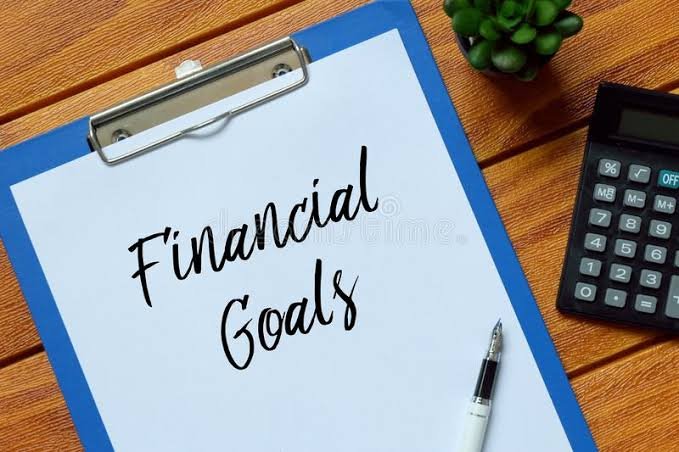Strategies to achieve your financial goals
Building an emergency fund is a crucial step in achieving financial stability and security. An emergency fund is a savings account set aside specifically to cover unexpected expenses, such as a medical emergency, job loss, or car repair. The recommended size of an emergency fund is usually three to six months of living expenses, which provides a cushion in case of financial emergencies. Without an emergency fund, unexpected expenses can lead to financial stress and the need to take on high-interest debt, such as credit card balances or personal loans.
Having an emergency fund can provide peace of mind and reduce financial stress, as it can serve as a safety net in times of financial hardship. It also helps you avoid relying on high-interest debt, which can be difficult to pay off and damage your credit score.
An emergency fund can act as a starting point for other financial goals, such as saving for a down payment on a house or investing for retirement. Building an emergency fund is an important first step in taking control of your finances and securing your financial future.
Paying off debt is another important step in achieving financial stability and security. High-interest debt, such as credit card balances or personal loans, can quickly accumulate and become a burden that is difficult to escape. The interest on this type of debt can add up quickly, making it difficult to pay off and causing financial stress. Paying off debt can improve your financial health, reduce financial stress, and improve your credit score.
There are different strategies for paying off debt, such as the debt snowball method or the debt avalanche method. The debt snowball method involves paying off your debts in order of smallest balance to largest balance, while the debt avalanche method involves paying off your debts in order of highest interest rate to lowest interest rate. Regardless of the method you choose, the key to paying off debt is to have a clear plan and to stick to it.
In addition to making regular debt payments, there are other ways to reduce debt, such as negotiating with creditors for lower interest rates, consolidating debt through a personal loan, or cutting expenses to free up more money to put towards debt repayment. It's also important to avoid taking on new debt while you are paying off existing debt.
Paying off debt can be a long and challenging process, but it is worth it in the end. By freeing yourself from high-interest debt, you can improve your financial health, reduce financial stress, and set yourself up for financial success in the future.
Saving for a down payment on a house is a common financial goal that can help individuals achieve homeownership and build wealth over the long term. A down payment is a percentage of the total cost of a home that is paid upfront. The larger the down payment, the less the amount you need to borrow, which can result in lower monthly mortgage payments and potentially lower interest costs over the life of the loan.
Saving for a down payment can be a challenging goal, especially in areas where housing prices are high. It's important to have a savings plan in place, and to stick to it, by making regular contributions to a dedicated savings account for the down payment. It's also important to consider your monthly expenses and make adjustments to your budget as needed to free up more money for saving.
There are also various programs and incentives available for first-time homebuyers, such as government-sponsored down payment assistance programs and tax credits, that can help make homeownership more affordable. Additionally, many employers offer first-time homebuyer assistance, such as down payment or closing cost assistance, as part of their employee benefits.
Saving for a down payment on a house is a long-term goal that requires discipline and commitment, but it can pay off in the end. By achieving homeownership, you can build wealth and enjoy the stability and security that comes with owning your own home.
Posted Using LeoFinance Beta
